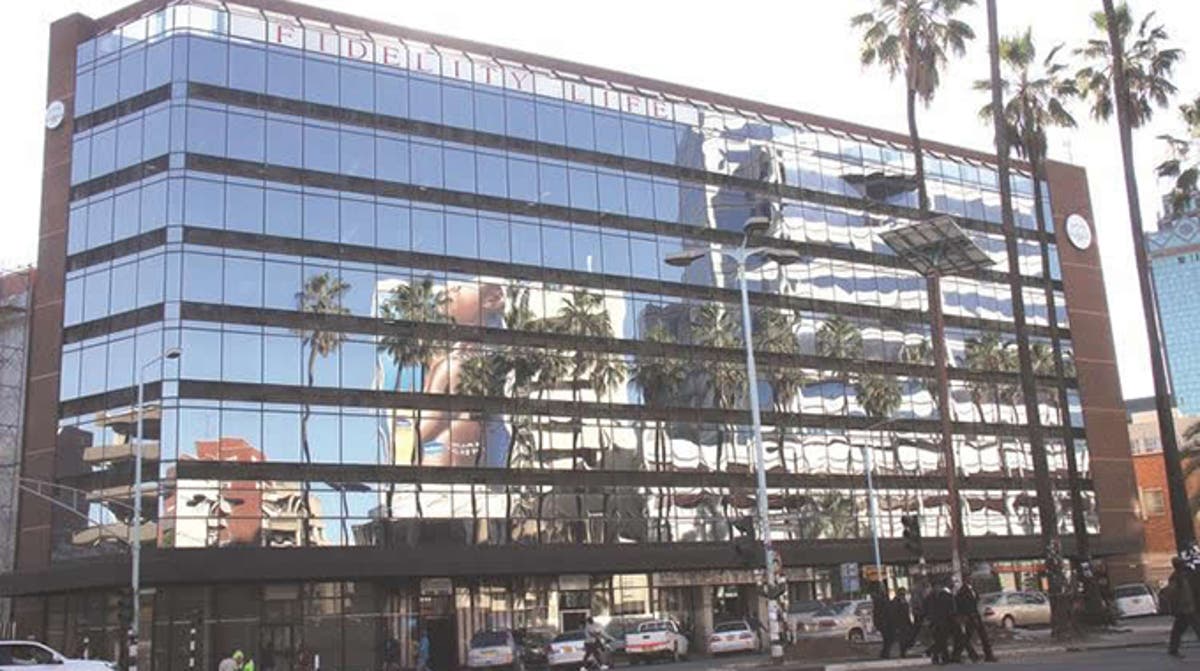Fidelity Life to comply with IPEC’s directive
Fidelity Life Assurance has assured shareholders and policyholders that it is on course to comply with regulatory requirements set by the Insurance and Pensions Commission, which compel separation of assets owned by the firm’s two key stakeholders.
Fidelity Life Assurance chairman Livingstone Gwata said, “The asset separation exercise has now entered the final transaction stage where there will be a physical separation of assets between policyholders and shareholders.”
According to the company, final reports and assessments by the appointed financial advisor and policyholder representative actuary have been completed and it is expected that the exercise will be finalised by June 30, 2022.
The objective of the asset separation exercise is to ensure compliance with requirements of the prescribed legal provisions. According to IPEC the objective behind these legal provisions on asset separation is to ensure that there is no transfer of assets from policyholders to shareholders and vice versa.
The exercise will identify assets that may have been misappropriated from policyholders to shareholders or vice versa, quantifying the assets that may have been misallocated and apportioning them to their rightful owners and enhancing compliance with the legal requirements for asset separation as a way of improving good governance in the insurance and pension sector.
Meanwhile, Fidelity has reported a profit after tax of $274,9 million on an inflation adjusted basis for the year ended December 31, 2021 representing a strong growth from a loss position of $65.8 million posted in the prior year.
Group revenue, in inflation adjusted terms, increased by 90 percent from $1,74 billion recorded in the prior year to $3,3 billion in the current year. According to the company, revenue was driven by investment income and net premium written which increased by 99 percent and 75 percent respectively.
Investment income increased from $866.0 million to $1,7 billion and net premium written increased from $611.8 million to $1,1 billion.
On net premium written, Gwata said, “The growth in net premium written was driven by aggressive premium reviews and strong organic growth of the life book as well as significant inflows from new products launched which were supported by market diversification and enhancement of the distribution channels.”
In the period under review, Fidelity Life’s investment income was mainly driven by fair value gains on investment properties and equities.
Inflation adjusted expenses in the period under review increased by 66 percent from $1,8 billion recorded in the prior year to $2,9 billion in the current year.
The chairman said, “The increase in the company’s total expenses was driven by net benefits and claims, changes in insurance contract liabilities and operating expenses which grew by 172 percent, 97 percent and 75 percent respectively.”
Operating expenses were mainly driven by the increase in the rate of inflation and the exchange rate movements whilst net benefits and claims were driven by high Covid 19 related claims resulting from retrenchments and death claims. Fidelity commended performance by its foreign subsidiary in Malawi as it continues to provide a good hedge to the insurer against the currency volatility effects currently being experienced.
The company did not declare a dividend as it seeks to consolidate its asset position “In view of the need to preserve internal resources to strengthen the capital position of the company through the deployment of earnings to increase business underwriting capacity, the Board resolved not to recommend the declaration of a dividend,” Gwata said.-The Herald











